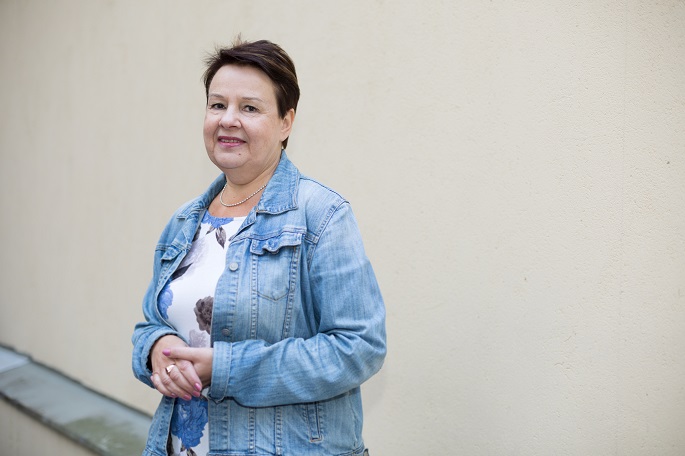Finnish healthcare system withstands coronavirus
Published : 30 Apr 2020, 02:57
Updated : 30 Apr 2020, 10:03
For the time being, the Finnish healthcare and social welfare system has been able to withstand the pressure created by the coronavirus epidemic, said Permanent Secretary to the Ministry of Social Affairs and Health Kirsi Varhila.
According to an official press release, Varhila’s statement is part of an account of the current coronavirus situation he provided to the Social Affairs and Health Committee of the Finnish Parliament on Tuesday.
Varhila said “what is more worrying than the adequacy of intensive care capacity at the moment is the ability of our healthcare and social welfare system to respond to service needs other than those associated with the coronavirus.”
“Researchers all around the world are working hard to develop a coronavirus vaccine. Regardless of these efforts, it will take a long time to come up with a vaccine. Before that, we must be able to meet the need for other services in society. We must pay special attention to the situation of the most vulnerable people,” he added.
These concerns emerged after a marked decrease was noticed in appointments in primary healthcare and specialised medical care during the pandemic. The situation is different in different areas of Finland.
“The decrease in appointments is caused by two things: Firstly, non-urgent appointments in primary healthcare and specialised medical care have been cancelled. Secondly, patients have cancelled appointments scheduled for them. Similarly, people have cancelled appointments to cancer screenings,” Varhila noted.
“Fewer and more infrequent appointments will result in a failure to sufficiently treat and follow up many chronic diseases such as cardiac diseases and diabetes. This may result in delays in starting treatment, and in deterioration of the disease and prognosis. In specialised medical care, cancellation of appointments will cause longer waiting lists for non-urgent surgeries in the autumn,” he pointed out.
The permanent secretary said, “Although we now live in emergency conditions and the coronavirus scares people, it is important to adhere to good care and the prevention of other diseases. People with chronic diseases must have access to treatment. I encourage everyone to attend their scheduled appointments.”


